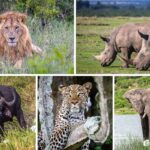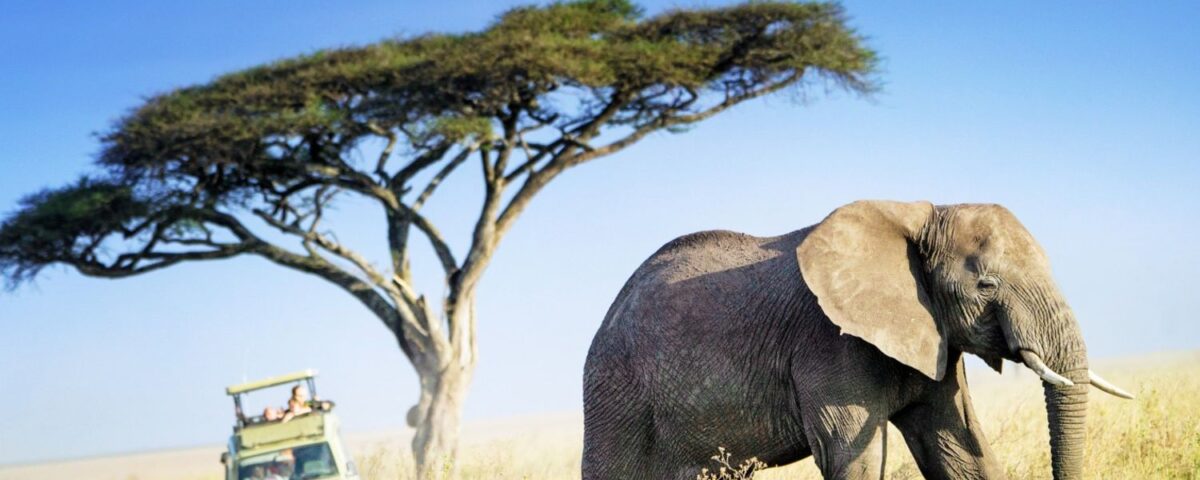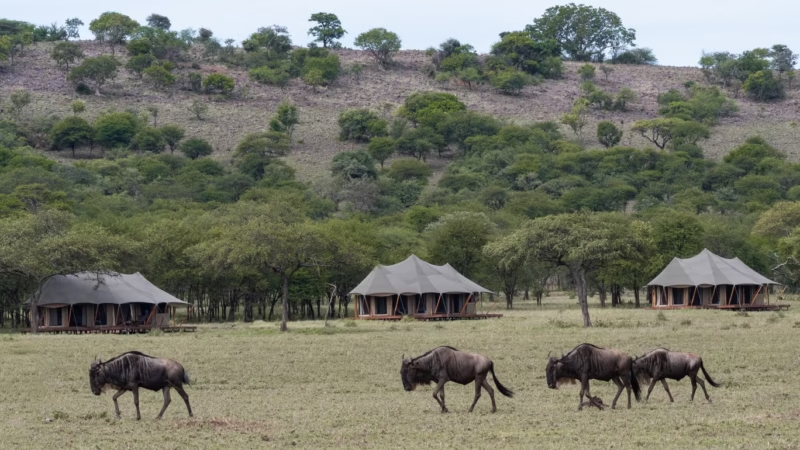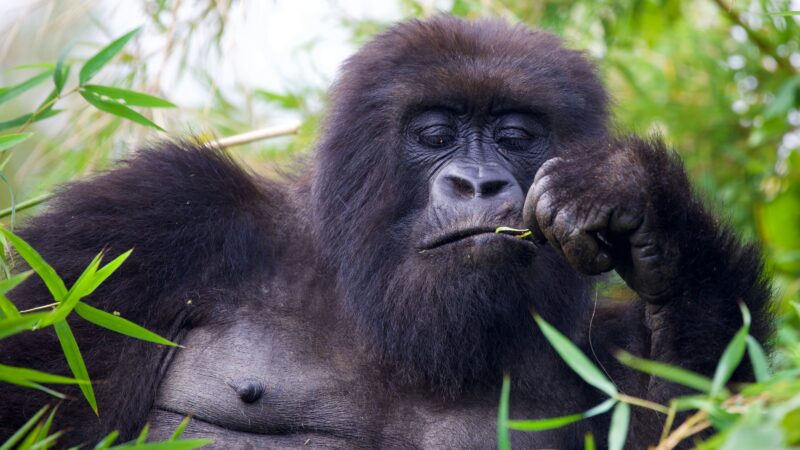
3 Surprising Health Benefits of Going on Safari
August 4, 2025
5 Safari Phrases Every First-Timer Should Know
August 6, 2025Planning an African safari is one of the most exciting decisions you’ll ever make but many travelers ask the same question: How early should I book my safari?
Whether you’re looking to trek mountain gorillas in Uganda, witness the Great Migration in Tanzania, enjoy a sunset boat cruise on Lake Kivu, or explore the Maasai Mara in Kenya, timing your booking is key. The truth is, booking early gives you better prices, better lodges, and a smoother safari experience overall.
At Traford Safaris, we’ve helped guests from all over the world plan unforgettable journeys across East Africa. In this guide, we’ll break down how early to book, why it matters, and what happens if you wait too long.
The General Rule: Book Your Safari 6 to 12 Months in Advance
If you’re wondering when to confirm your safari, our professional advice is simple: book 6 to 12 months in advance.
This applies to most of the popular experiences across Uganda, Rwanda, Kenya, and Tanzania especially if:
-
You’re travelling in the high or peak season (June to October or December to February)
-
You want to visit iconic destinations like the Serengeti, Masai Mara, or Bwindi Impenetrable Forest
-
You need permits, such as gorilla or chimpanzee trekking
-
You’re a group, couple on honeymoon, or family needing multiple rooms
Booking within this window gives you the best availability for lodges, park activities, and experienced guides.
Why Booking Early Really Matters
1. Gorilla & Chimpanzee Trekking Permits Are Limited

If you’re coming to East Africa for gorilla trekking in either Bwindi (Uganda) or Volcanoes National Park (Rwanda) then you’ll need to secure a permit. These permits are strictly limited to control human impact on the gorillas. Only 8 people are allowed to visit a single gorilla group per day.
In Uganda, a gorilla permit costs $800 per person, while in Rwanda it’s $1,500 per person. In both cases, permits sell out months in advance, especially for travel in June to September or over the Christmas holidays.
Chimpanzee trekking also requires a permit, and while slightly easier to get, they still book out quickly during busy months.
Booking early guarantees your space and lets you build your entire itinerary around your confirmed trekking date.
2. Top Lodges and Camps Get Fully Booked
East Africa’s best safari lodges are often small, intimate, and in high demand especially the ones with the best views, closest locations to the parks, or special experiences like private plunge pools, walking safaris, or cultural visits.
If you wait too long to book, you might be left with:
-
Higher prices for lower-tier accommodations
-
Multiple lodge changes during your itinerary
-
Properties far from the park gate (meaning longer drive times)
Booking early gives you access to the best midrange or luxury lodges at better prices and ensures you stay where the action is.
3. You’ll Have Better Flight Options
Once your safari dates are locked in, you’ll also benefit from better flight choices. International flights to Kigali, Entebbe, Nairobi, or Kilimanjaro can fill up fast, and prices often rise the closer you get to your departure date.
Early booking means:
-
More direct routes
-
Lower airfare
-
Less airport layovers
It also gives you time to arrange connections for pre- or post-safari extensions (like Zanzibar or the Kenyan coast).
4. You Can Spread Out Payments
Booking your safari early also allows you to plan your budget comfortably. At Traford Safaris, we typically require a deposit to secure your trip and permits, with the balance payable closer to departure. Spacing out your payments over several months is easier than handling it all at once.
What Happens If You Book Late?
You can still go on safari with short notice especially in the low or shoulder seasons (March–May and November). However, be prepared for:
-
Limited permit availability
-
Fewer lodge options
-
Higher prices on flights or accommodation
-
Last-minute rush with visas, insurance, or vaccinations
If you’re flexible with your travel dates or open to less crowded parks, we can still create a great experience. But if you have specific goals (like seeing the wildebeest crossing or trekking gorillas), last-minute planning can be tricky.
Early Planning = Better Safari
Starting your safari planning early allows you to:
-
Customise your trip in detail
-
Research and prepare for the destinations you’ll visit
-
Get better service from our team with time to fine tune everything
-
Avoid stress or last minute paperwork
It also gives you something exciting to look forward to!
Tips for Booking Your Safari Early
-
Start with the must-haves. Know if gorilla trekking, the Great Migration, or a particular lodge is non negotiable for you.
-
Be flexible with dates if possible. This can help you find better availability or avoid peak pricing.
-
Reach out early even if you’re just browsing. We can pencil in ideas and hold spaces for a short time while you confirm.
-
Book your permits as soon as dates are set. These are the foundation of any primate safari.
Final Thoughts: Don’t Wait Too Long
In East Africa, the best safari experiences are often reserved for those who plan ahead. With high demand, limited permits, and popular lodges filling up fast, it pays to start early. At Traford Safaris, we’re here to help you turn your dream safari into a well-organized, stress free adventure.
Whether you’re planning a luxury honeymoon, a group trip, or a solo escape into the wild, we recommend starting your safari planning at least 6–12 months ahead of time especially if you’re targeting peak season or rare experiences.
Want help planning your safari now?
Reach out to the Traford Safaris team today and let’s start building your once-in-a-lifetime trip before someone else books your spot.




